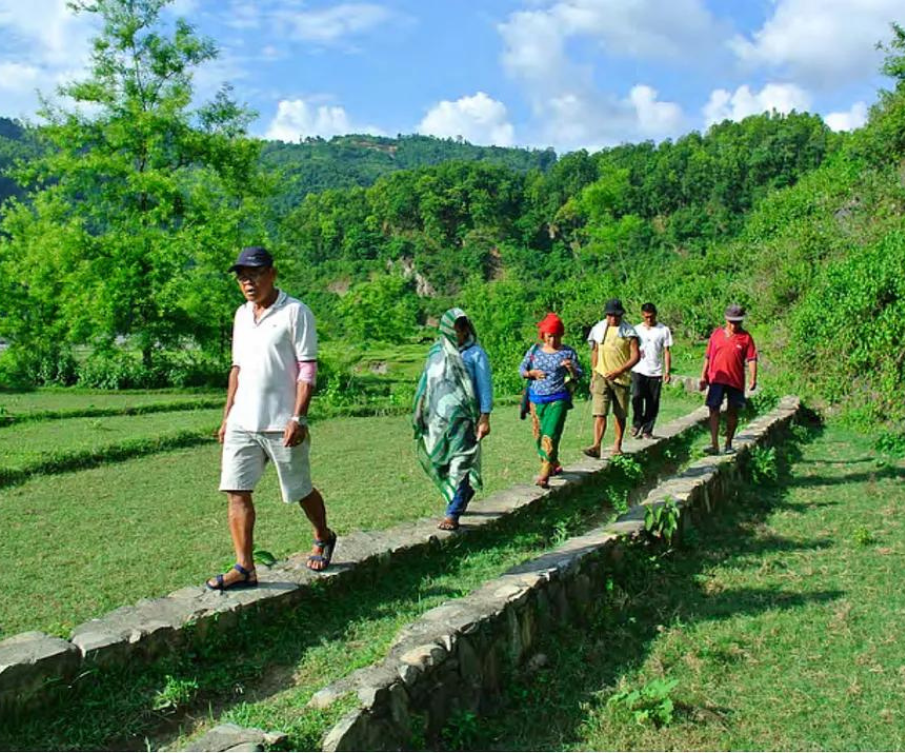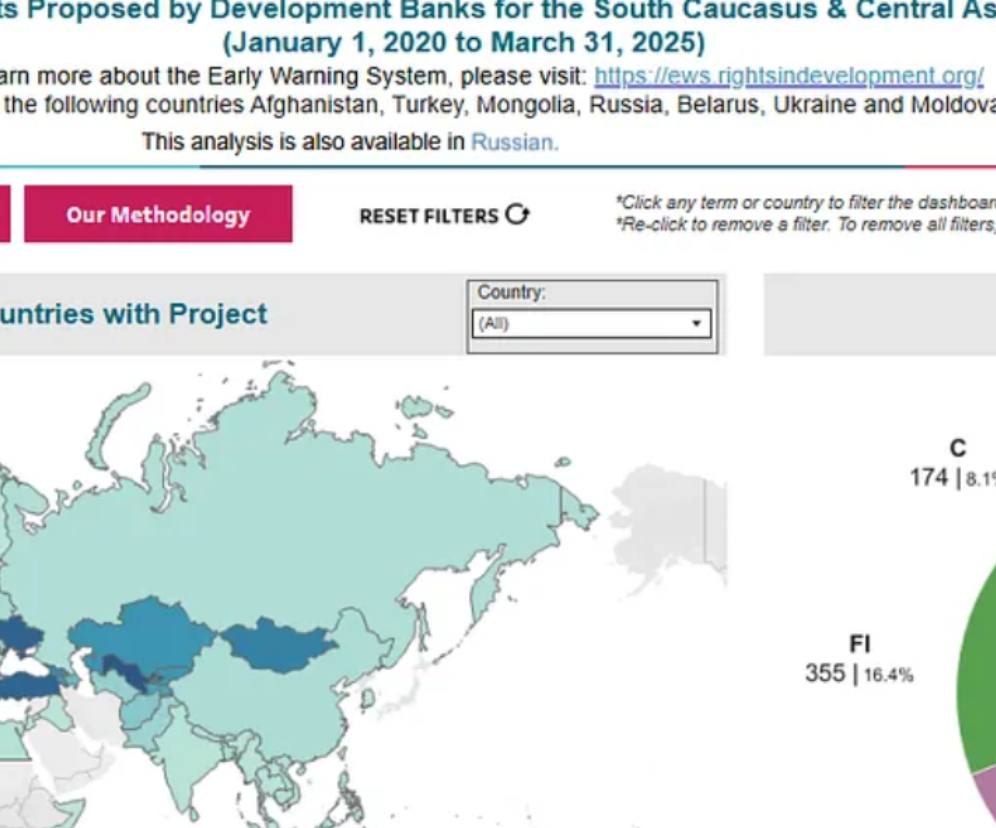
IAP works for a world in which all people can shape the decisions that affect their homes, environment and communities.
READ OUR LATEST NEWS

This article summarizes IAP’s core area of interventions on corporate accountability in Uganda including providing information to civil society and communities on the roles of public and private actors in development investments; supporting community-led research to strengthen local campaigns toward governments and companies and; facilitating access to decision-making spaces for affected communities.

Through community-led research, the Lepcha Indigenous community in India preserves oral histories and sustainable customary practices. Their commitment stands strong against the tide of hydropower projects, relentlessly mooted in their land for the last three decades

The Salima Solar Power Project-affected community in Malawi raised concerns with JCM Power, the project company and project financiers Dutch Entrepreneurial Development Bank (FMO) and Multilateral Investment Guarantee Agency (MIGA), but the mediation process lacked a genuinely independent facilitator.

Through collaborative efforts and knowledge exchange with prominent organizations like ESCR-Net, NAMATI, and NYU Bernstein, IAP has developed tools and approaches that are being used in more than 20 countries to build community-led campaigns.

The Magar Indigenous community fights for Nepal’s first land-for-land compensation! They actively participated in land evaluation for the Tanahu Hydropower Project, but their voices weren’t heard. Short-notice visits, lack of consultation, and prioritizing the company’s interests over theirs. Is this a real development?

Central Asia’s opening up to development finance, but who’s at the table? Development finance is flowing into Central Asia, but at what cost to local voices? Our new blog exposes how restrictive environments silence communities affected by development finance institution investments.
